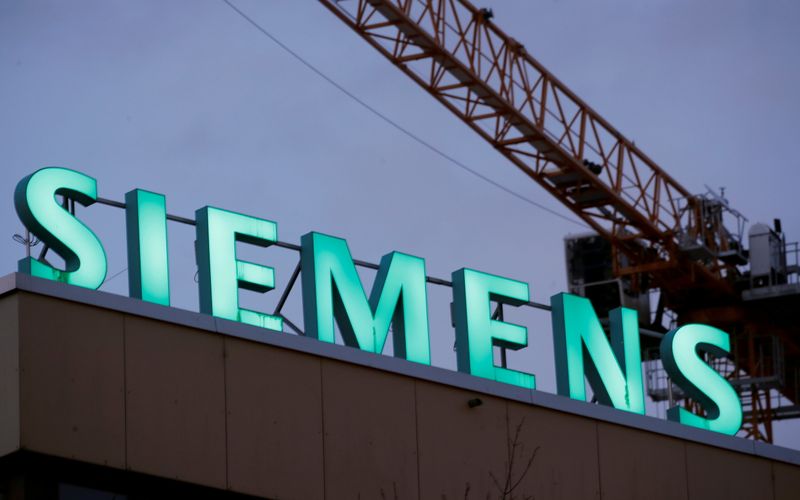Investing.com -- Siemens AG (OTC:SIEGY) announced an update to its Smart Infrastructure (SI) division, outlining a strategic plan focused on growth and profitability.
The company's updated mid-term goals for SI include a 6-9% revenue growth target, as well as an ambitious profit margin range of 16-20%.
These new targets mark an improvement over the 11-16% profit margin range presented during the 2021 Capital Markets Day, and they exceed the prior revenue growth projections.
Analysts from Goldman Sachs and Jefferies are optimistic about these revised figures, seeing the targets as not only achievable but offering medium-term upside potential.
The growth targets are largely driven by a combination of a more competitive cost structure, further portfolio optimization, and the company's focus on high-growth markets such as the United States and India.
Siemens (ETR:SIEGn) has successfully reduced its manufacturing costs by reshoring a portion of its workforce to lower-cost regions, including India and Eastern and Southern Europe, which has been a critical factor in improving its profitability.
In addition, Siemens is in the process of optimizing its portfolio, with EUR1 billion of the EUR2 billion target already turned around, and EUR300 million of the remaining amount expected to be addressed in 2025.
The company’s competitiveness program, which focuses on reshoring and capacity expansion, has positioned Siemens to continue its growth trajectory.
The backlog-to-bill ratio remains strong, with low cancellation rates, and Siemens’ shift towards higher profit pools, coupled with the focus on productivity rather than pricing, is expected to support continued margin improvement.
While pricing benefited from a post-COVID surge, contributing a 300 basis point boost to margins, the market has now normalized, with only modest further expansion expected from pricing.
Siemens’ performance in Electrification and Electrical Products has been particularly strong, with both segments outperforming their competitors.
The company noted that these divisions are seeing faster-than-expected market growth, especially in areas like data centers and energy storage, where they are poised to benefit from the high demand for energy-efficient solutions.
Additionally, Siemens has outpaced the competition in the electrification and electrical products sectors, and it remains well-positioned to capitalize on the growing data center market, which is expected to continue its double-digit growth in the coming years, albeit at a more normalized pace compared to the extraordinary growth seen in the past.
The company has said that the more than 60% order growth from data centers seen during the pandemic is unlikely to continue, but it still expects steady growth, supported by the ongoing demand driven by cloud computing and the Internet of Things, which make the data center market more predictable than in the past.
In contrast, Siemens' Buildings division still lags behind some competitors, but the company is confident in its ability to close this gap.
With a target of a 300-400 basis point improvement in profitability by FY28, Siemens aims to address the performance shortfall in this segment.
The Buildings division, while showing progress, remains a work in progress, as it grapples with a broader portfolio mix compared to its best-in-class peers.
